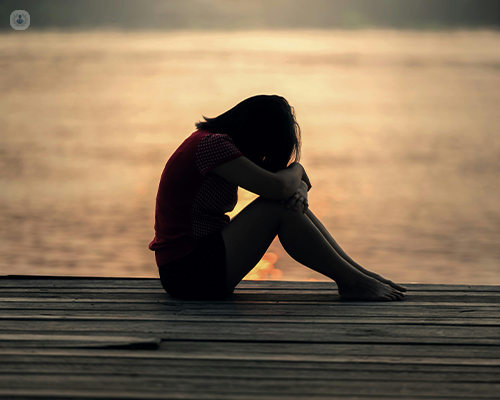What you need to know about interstitial cystitis
Written in association with:If it hurts or burns when you urinate, and you find that you need to urinate more frequently, you might think you have a urinary tract infection (UTI), but it is possible that you might have interstitial cystitis (IC) instead. Here to explain this condition in this article is leading obstetrician and gynaecologist Ms Sameena Muzaffar.

What is interstitial cystitis?
Painful bladder syndrome is a clinical syndrome characterized by daytime and nighttime urinary frequency, urgency, and bladder pain. Interstitial cystitis is painful bladder syndrome confirmed by biopsy and cystoscopy. The condition can be treated without cystoscopy and biopsy. It often worsens with sexual intercourse and certain foods. Treatment generally includes various supportive, behavioral, and pharmacologic measures, while surgical intervention is rarely needed.
What causes interstitial cystitis?
IC differs from UTIs because there is no obvious infection of the bladder that causes the pain. When the urine of patients with IC is tested, the results will show that there is no bacterial or viral infection. There is no known cause of it, but it is known that it is more common in women, especially those between the ages of 20 to 30.
How is interstitial cystitis treated?
Because there is no known cause, there is not yet a way to “cure” IC permanently. However, there are ways to manage the symptoms.
Lifestyle changes are typically recommended, such as regarding dietary and fluid consumption – such as reducing spicy foods and carbonated beverages and drinking more water – and maintaining good personal hygiene. Some physical exercises, like holding in the urine, pelvic floor exercises, and posterior tibial nerve stimulation can train the body to ignore frequent urges to urinate.
Medicinal management includes pain medications, such as analgesics and painkillers, or a treatment to control the frequency of urination, called bladder instillations, where a catheter is used to infuse the bladder directly with formulas of hyaluronic acid or chondroitin sulphate that coat the inside walls of the bladder and act as a protective layer.
If you are experiencing long-term pain when urinating, consult with Ms Muzaffar today via her Top Doctors profile.


